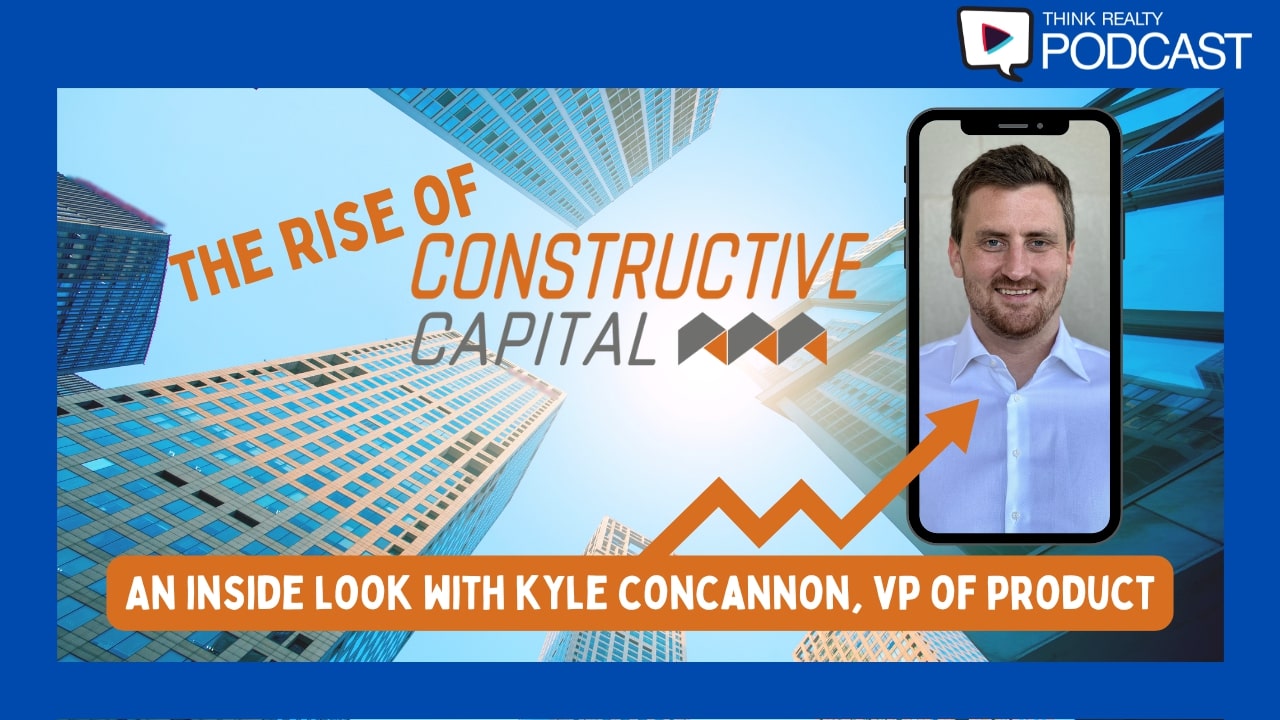Increase your revenue stream by understanding and funding complex deals.
Real estate lenders know what they’re doing. They have an eye for a good deal, and they know they can help a borrower make a substantial profit when presented with the right opportunity.
But many lenders adhere to a strict set of guidelines that require any deal that comes across their desks to conform to simple, specific criteria. If the deal doesn’t fall within their narrow parameters, they’ll pass on the opportunity. As a result, the investor and the lender both lose out on a potentially viable and profitable project.
There are a lot of good potential deals that we—and our clients—miss out on because we feel shackled by a rule book. When a deal is more complex than the industry standard, take the time to see if it’s actually risky, or if it’s just outside the realm of what you’re used to doing.
A lot of complex investment deals can be successfully underwritten. When we properly understand the underlying metrics, truly know the local real estate environment, understand borrower capabilities and the borrower’s exit strategy, we can structure the deal in a way that suits the needs of all parties.
Complicated Doesn’t Equal Risk
Real estate investment has become much more popular over the last decade. Thanks to HGTV shows like “Flip or Flip,” “Fixer Upper” and “Property Brothers,” a lot of first-timers have been dipping their toes into the waters of real estate investing. But at the crux of those shows is simplicity: You find a dilapidated house in an up-and-coming neighborhood, spend as little money as possible to make it functional and aesthetically pleasing, and then sell it for a profit. And that’s what most hard money lenders are set up to do: simple projects, simple budgets, easy-to-understand real estate.
But as we all know, not every real estate investment opportunity is this easy.
An experienced lender will understand that complexity and risk are not the same thing. An experienced lender isn’t afraid to look past the surface issues of a complex real estate opportunity to find a way through. Such a lender will analyze the unique terms and specifics of each complex deal to discover the possibilities that others have missed. An experienced lender knows their clients are looking for more than a loan; they’re looking for an experienced partner who understands how to craft an exemplary deal structure.
With the rumblings of a housing slowdown on its way, lenders could soon find that the easy deals that have become their bread and butter are starting to become more elusive. When that happens, knowledge of how complex deals work could be critical not only to lender profitability but to survival.
Deal Structure Is the Difference
So, what exactly makes a deal simple?
It comes down to the ease of the project and the accompanying deal structure.
Generally, when a real estate investor finds a house at a price that seems low for its location and can show it has strong potential for profitability once it has been rehabbed, a private lender can easily understand and underwrite the deal. The lender will do a bit of due diligence, but if there are not a lot of complicating factors, they’ll be inclined to move forward with the loan. Easy does it. And the deal structure is easy: create a straightforward loan that finances a percentage of the acquisition and rehab, create a construction reserve and fund the project.
Of course, there are a lot of real estate opportunities that don’t fit into this cookie-cutter approach. What if an investor wants to turn a single-unit building into a multi-unit building? Or, to take things a step further, what if they want that multi-unit building to feature retail units on the first floor? This type of project is much more difficult to comp, takes a lot longer to bring to fruition given the more complicated zoning and permit process, and requires a high-level of borrower expertise.
A complex investment deal goes a lot further than simply approving a loan and closing on it. There’s the overall deal structure to consider, and it’s just as important as the loan itself.
Deals such as these require the expert knowledge of a lender who is capable of taking the extra time and effort to manage several processes simultaneously. It needs someone who can craft customized loan terms specific to each project.
Many lenders are not qualified to handle deals like these and are rightly justified in steering clear of them. But, an experienced industry veteran will know exactly how to walk customers through the entire process and negotiate a deal that makes sense and is mutually beneficial.
Complex Equals Customized Process
Every complex real estate deal is unique, but the approach is the same. To uncover the pathway to success, lenders with experience in complex deals take the long view. They make sure their investors are working with the right team: contractors, architects, permit expediters, etc. They examine the deal from all angles to make sure it makes financial sense—not just for them, but for their clients.
Every complex deal is customized for the exclusive needs of the opportunity, which means tailoring the structure of the deal to fit its requirements perfectly. For example, if a deal requires crafting bifurcated loans to be funded in two phases to enable the release of soft costs in the first phase, experienced lenders have the industry know-how to make it happen.
When it comes to complex real estate deals, experience matters. That’s why it’s important for lenders to possess a high level of real estate lending knowledge. Experienced lenders can handle just about every type of project, from single-gut renovations to large-scale condominium construction and mixed-use developments. Whether an investor wants to turn a single-unit home into a duplex or craft condos out of an abandoned auto garage, a knowledgeable lender will be there to see it through.
Case Study: A Dentist Walks into a Hard Money Lender
To help illustrate an experienced lender’s commitment to complex investment deals that many other lenders would turn away, let’s examine the approach used to help a dentist and his wife. The couple owned the building where the dentist had practiced for more than 20 years. As his retirement neared, they began to consider what to do with the building. They began working with a local consultant who suggested their building was in an ideal location for new condominiums.
However, as they began shopping around for financing, they were met with “no” everywhere they went. Neither traditional nor private lenders wanted to touch the deal, as it was too far out of their comfort zone. Knowing they had a great opportunity on their hands, they kept looking, and eventually found a lender who had a deep understanding of the local real estate landscape.
This lender listened intently as the couple and their consultant presented the opportunity. He personally examined the property and agreed with their assessment. The idea of turning the building into condominiums had merit and potential for real profitability. The lender understood the neighborhood and the potential market for condos. Another plus in this project was that the borrower had hired a very experienced contractor that had done many other projects similar in size and scope. So, the lender created a uniquely tailored deal structure for this specific circumstance and guided the couple from inception to sale. The deal looked like this:
- Initial funding was provided to pay off the small existing loan on the property and cover startup (soft) costs for permits, architects, insurance, contractor mobilization, etc.
- Interest payments were rolled into the loan to save the borrowers from making monthly payments throughout the 12-month loan term.
- The loan was structured more like a line of credit, with the borrower paying more interest as more construction funds were drawn and specific milestones were reached.
The project was a huge success. The couple got a $2.5 million loan against a building projected to become worth $3.4 million. The project was completed, and everyone walked away happy.
***
Although many hard money lenders—not to mention traditional lenders—are unable to see through the difficulties of complex deals, a truly experienced lender can see beyond simple deal metrics to uncover a wealth of opportunity. ∞












